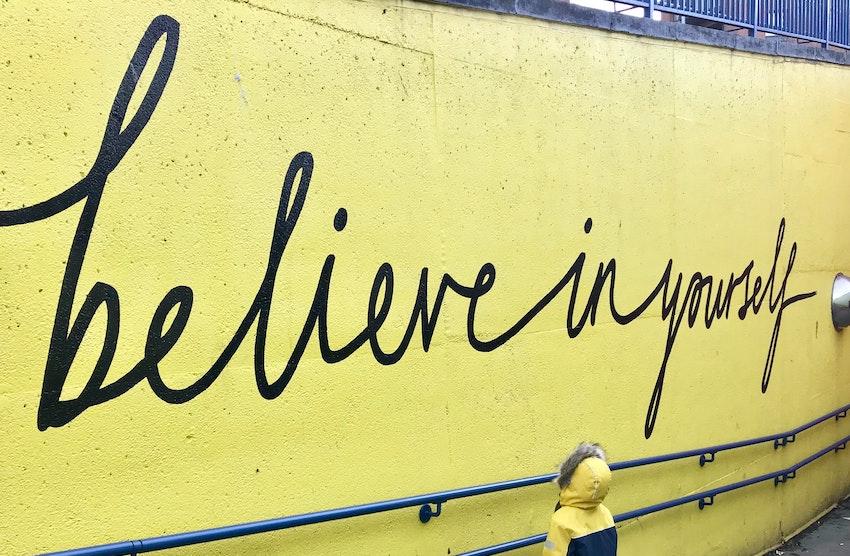3 Tips for Overcoming Self-Doubt Before Interviews
Published: Oct 29, 2020

Self-doubt is something we all deal with at one point or another—even the most successful and experienced among us. It’s a normal human reaction when facing anything we haven’t done before. Fortunately, there are ways to deal with self-doubt. And below are three tactics for dealing with it in the face of a big interview.
1. Expect self-doubt to arise.
When you have an interview for a new job, especially one you’re excited about, expect that your brain will offer up self-doubting thoughts. Be prepared for them, know that they’ll come. This awareness that negative thoughts will arise is more than most people will ever have.
So, before an interview, be prepared for your inner self-doubter to rear its ugly head and tell you things like: “You don’t have the experience for this. What if you can’t do the job? What if you’re not good enough? What if you fail? What if your interviewer doesn’t like you? What if you don’t know all the answers? What if there are better, more qualified candidates?”
If you’re prepared for these thoughts, knowing that they’ll inevitably arise, then you’ll be able to deal with them in a calm, collected manner.
2. Choose not to listen to self-doubting thoughts.
Once you’re aware of and prepared for these negative thoughts, you can then decide what you want to do with them. And what you want to do with them is this: not listen to them.
Ideally, you want to treat them like the driving tips and directions a backseat driver might give you. You know, those annoying remarks from someone in the passenger seat or backseat, remarks you don’t actually listen to because you, the driver, need to focus on driving. This is not unlike how self-doubt operates—like the annoying passenger who’s trying to backseat drive.
The mistake is letting that backseat driver take the driver's seat. When you do that, you let those self-doubting thoughts shut you down. In the case of interviewing, you hurt your chances of getting the job by interviewing in a way where you don’t believe you have what it takes to succeed in the job. Which is not the case at all. You were given an interview because you do have what it takes to succeed in the role.
So, let the backseat doubter speak—it's no use arguing with him—just don't listen to what he has to say.
3. Proceed, despite self-doubting thoughts.
When you decide not to listen to the self-doubter in the backseat, then you can do this: proceed, despite the negative self-doubting chatter. That is, let the self-doubter in your mind have his opinion—let him have his say—and then move forward anyway.
So, using the backseat driver analogy, when self-doubt says, “Hey, you don’t know how to get there, what if we get lost?” and “What if there’s traffic ahead and we’re late?” Then you, the driver, can say, “Thank you for sharing your opinion. What I’m going to do is program the GPS, which should get us there, no problem. And if there’s some traffic head, so be it. We’ll deal with that if and when we come to it.”
In other words, no matter what obstacles your backseat-doubter shares with you, remember that you’re the driver, you're in charge, you know best how to make it to your destination. You don’t need help from a backseat doubter.
When you’re interviewing, what this looks like is this: You forge ahead into your interview despite those self-doubting thoughts—the ones telling you that you're not good enough, that you can't, that you're unworthy. When you do that, these thoughts won’t come into play while you’re in the interview seat; self-doubt will be silent. This will allow you to be positive and confident in your abilities, even in the face of something new. Which is exactly the type of mindset you need for interview success.
Natalie Fisher is best known for helping professionals land their dream jobs and achieve explosive salary growth (even with little experience). If you’d like to learn more about her and her continuing efforts to encourage more diverse hiring practices across all organizations, please visit her at her website www.nataliefisher.ca/getstarted.
